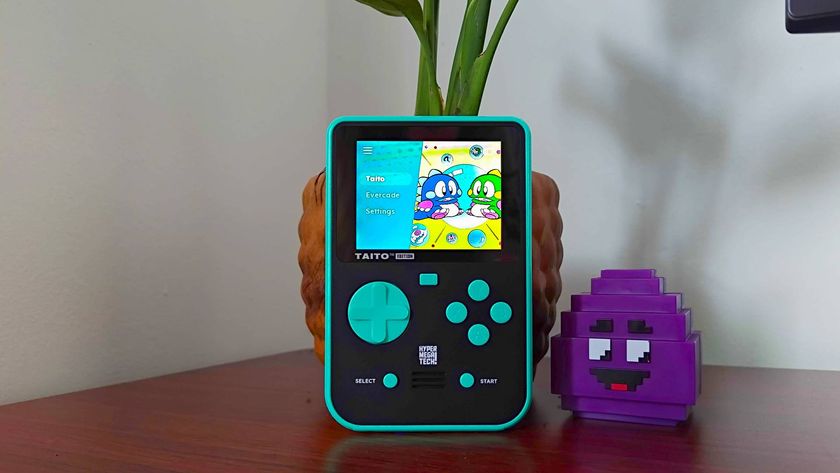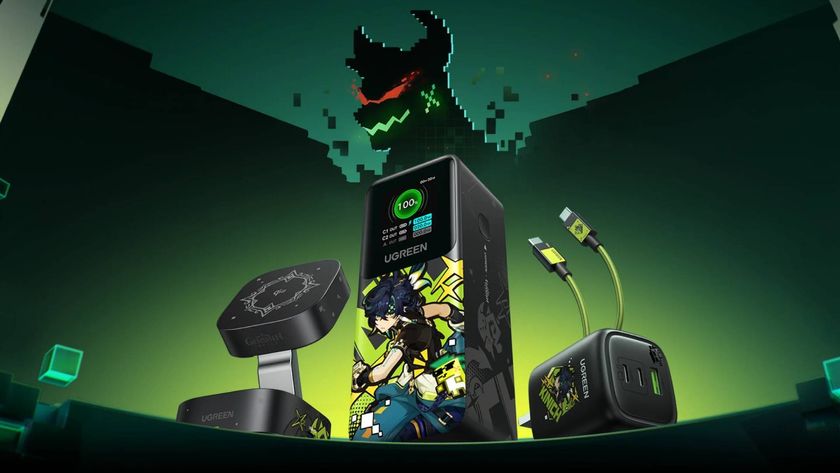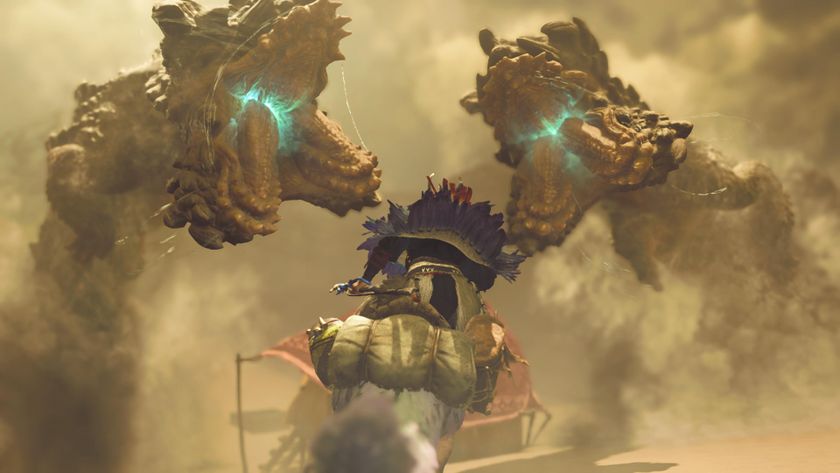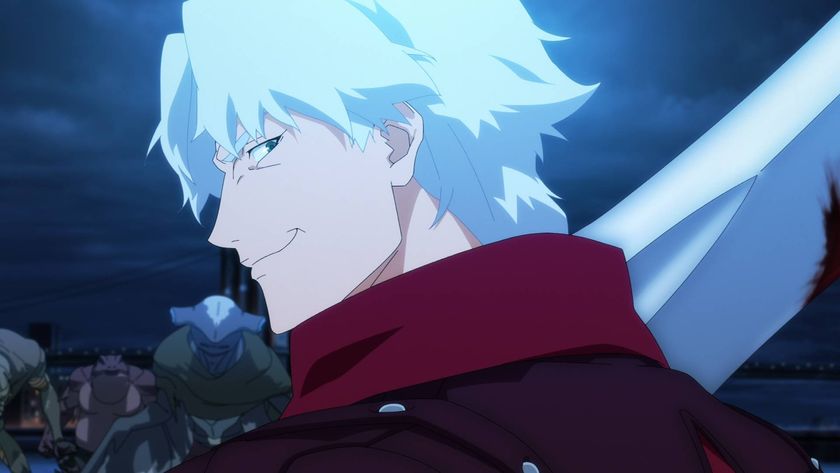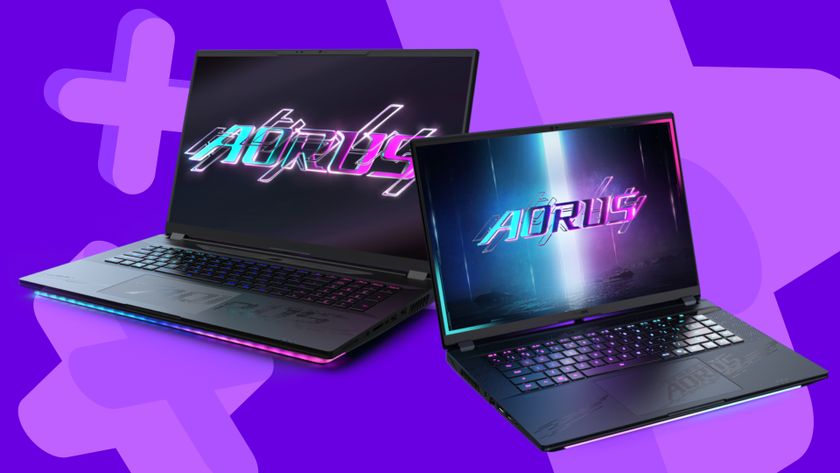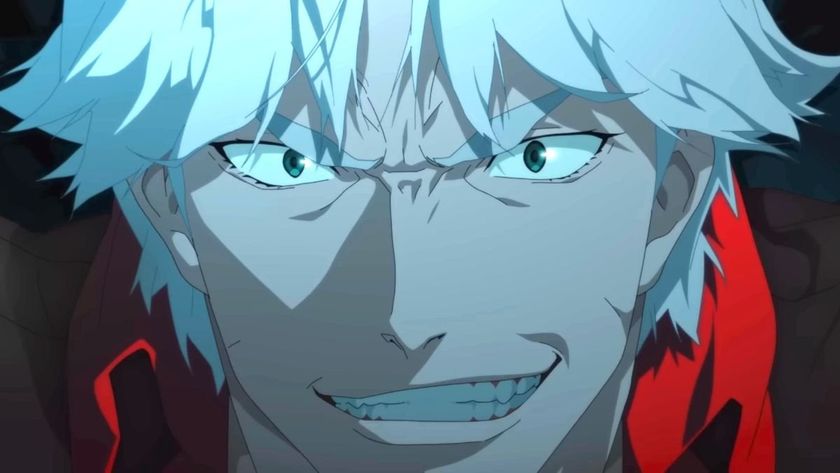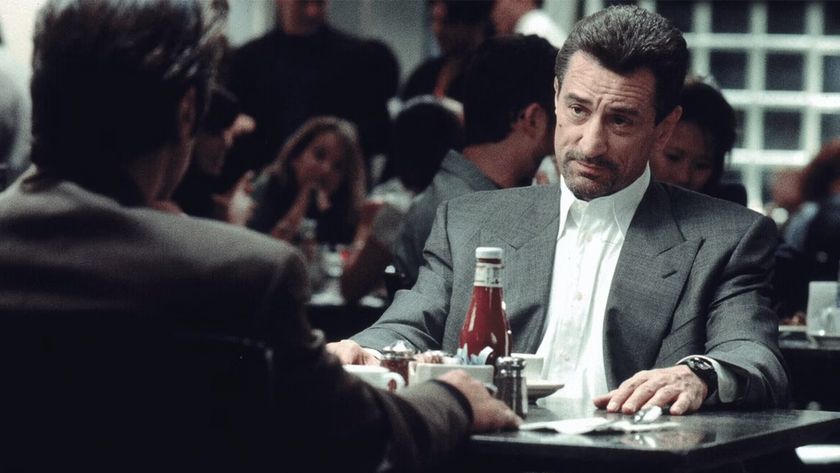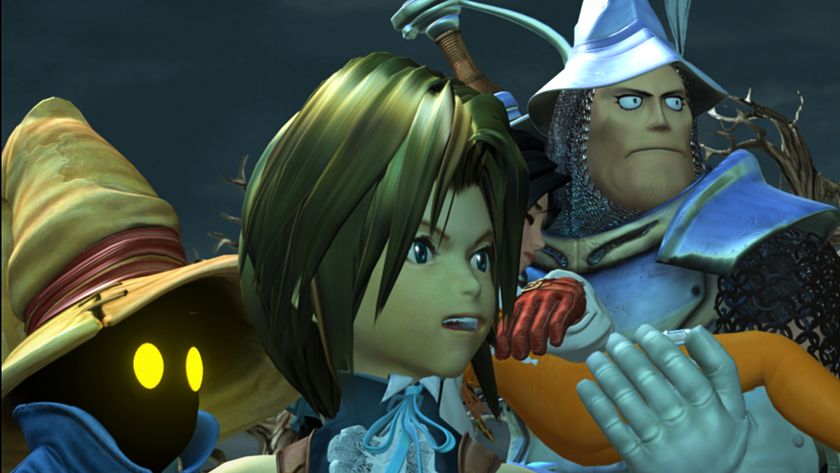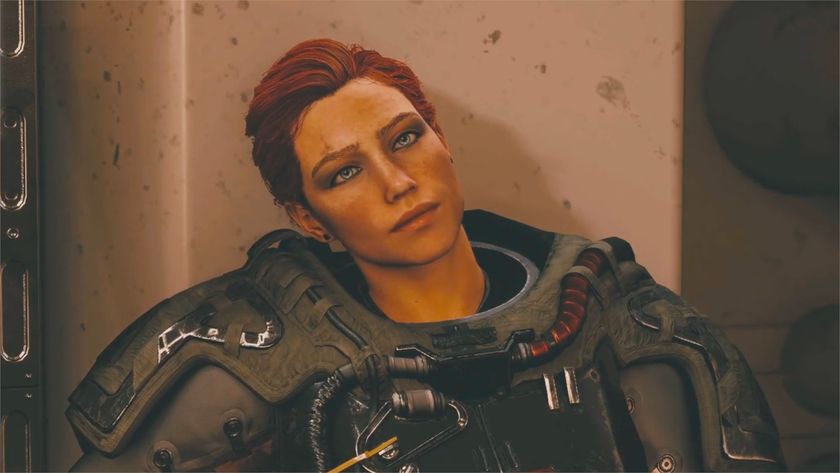PlayStation legend Shuhei Yoshida says the Vita failed because a lot of technical choices "weren't good ones" and Sony couldn't support PS4 at the same time
Several mistakes led to its demise
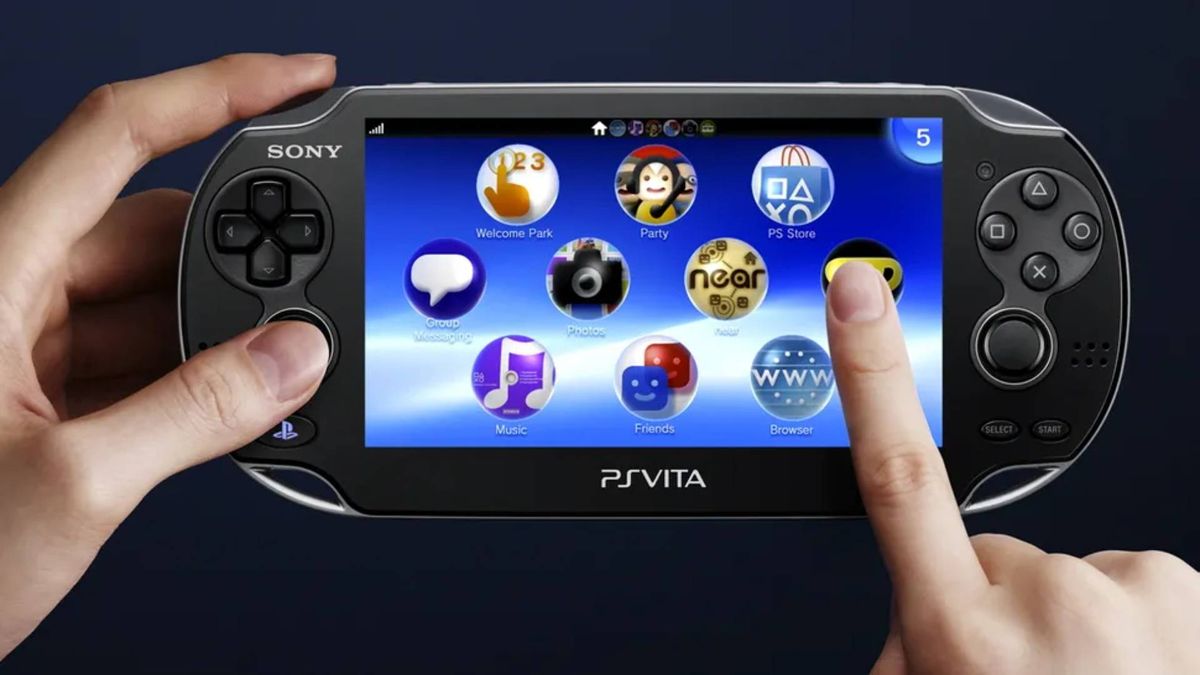
Shuhei Yoshida, one of the first people involved with the PlayStation retired from Sony yesterday, and in an interview with Kinda Funny Games (below), he explains why the PS Vita handheld failed.
Greg Miller asks, "Where did we go wrong with PlayStation Vita?" and Yoshida replies, "Well, there are multiple reasons why Vita didn't work. It worked in a way. People loved playing games, especially indie games, on PS Vita."
But, just loving its games wasn't enough, unfortunately. "Several technical choices we as a company made weren't good ones," Yoshida continues. "One of which was the dedicated memory card." I remember people being upset about how expensive Sony's proprietary memory cards were for the Vita, something Yoshida admits was a "mistake."
There's more, though. "Back touch was not necessary," Yoshida says. This was a touchpad on the rear of the device that most games didn't even utilize. "Sometimes the team made amazing prototypes that felt so good, but the back touch added additional cost to the hardware."
There were more cost issues, too. "I think OLED was okay, such a beautiful screen, but the cost was higher," he adds. There was even initially a video out port on the dev kit that allowed the Vita to display games on a TV or monitor, which would have made it a very early precursor to the Switch, but this was removed "just to save a few cents." Oh what could have been.
However, "the biggest reason" the Vita failed is because "we had to split all our resources into two different platforms and we didn't have that resource," Yoshida explains.
The Vita came out in 2011, at the tail end of the PS3's lifecycle and just before the PS4 debuted in 2013, so it seems Sony had to make a call on what to proritize and it opted for the home console. "We had to stop many projects from Vita because we didn't have teams to make PS4 games otherwise," he adds.
Sign up to the 12DOVE Newsletter
Weekly digests, tales from the communities you love, and more
Yoshida goes on to note that Nintendo performed better with handheld consoles and eventually stopped working on home consoles altogether, instead going all-in on the hybrid Wii U and later Switch. Sticking to one console saved the company money, but for PlayStation, home consoles had always been the money-maker, so it dropped handhelds instead.
Well, now we know why the Vita never got the life it truly deserved.
While you're here, check out our Nintendo Switch 2 live blog to keep up to date with all the news about the officially announced console.

I'm Issy, a freelancer who you'll now occasionally see over here covering news on GamesRadar. I've always had a passion for playing games, but I learned how to write about them while doing my Film and TV degrees at the University of Warwick and contributing to the student paper, The Boar. After university I worked at TheGamer before heading up the news section at Dot Esports. Now you'll find me freelancing for Rolling Stone, NME, Inverse, and many more places. I love all things horror, narrative-driven, and indie, and I mainly play on my PS5. I'm currently clearing my backlog and loving Dishonored 2.

